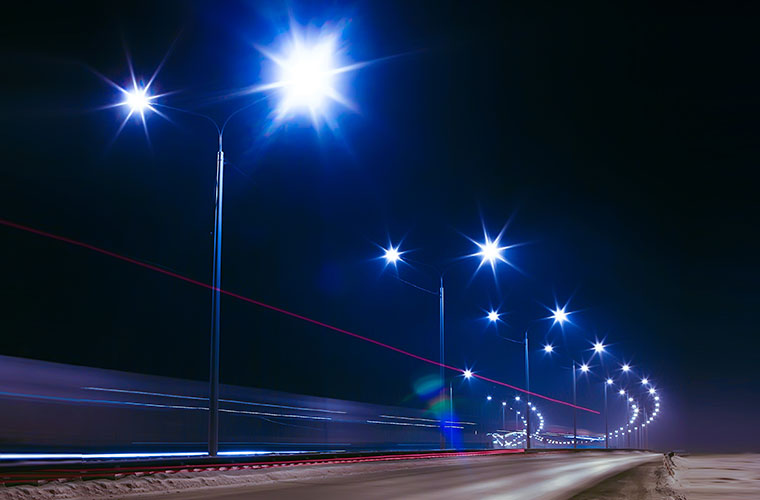Shepherdstown, WV: “Outdoor lighting at night provides many obvious and accepted benefits to society, including the ability to safely travel on roadways, facilitate commerce, enable outdoor activities such as recreation, provide for the lighting of architecture and landmarks, and provide for social and personal security.” So says the Lighting Systems Division of the National Electrical Manufacturers Association (NEMA) in its white paper, Outdoor Lighting and Human/Animal Factors: An Industry Evaluation. Available free from NEMA – a founding sponsor of the National Lighting Bureau – the study examines issues that can result in compromised outdoor-lighting quality when color issues are misunderstood and, therefore, misapplied.
This important NEMA white paper is now also available without charge from the National Lighting Bureau’s Free Lighting Bookstore.”
The white paper’s authors noted that the publication’s development was motivated by Lighting Systems Division members’ “significant concerns with published materials that portray any type of outdoor lighting as contributing to a negative nighttime environment without giving due consideration to all the factors involved and the existing body of research…. regardless of the issue, public policy that relates to technical issues should always be based on sound scientific evidence and not built on speculation or conjecture.”
Misapplication of lighting-color science was a particular concern of Division members. According to their white paper, “Some proposals oversimplify the ecological tradeoffs that are inherent with any proposal to limit outdoor lighting to a certain correlated color temperature (CCT). Such recommendations do not recognize the inconsistencies of such a spectrum choice, for instance, that long wavelength ‘red’ light purportedly may disturb certain bird migrations while short wavelength (i.e., blue) light distracts sea turtles. How is such a trade-off to be reconciled between species? The topic of lighting color is complex and involves many factors beyond CCT. Thus, promoting specific CCTs to advance a particular outdoor lighting policy may have unintended consequences on overall lighting quality and other concerns of public policy such as safety and security.”
In fact, Division members believe that existing data are insufficient to recommend that outdoor-lighting systems be limited to any CCT. They state, “Each application must be evaluated on a case-by-case basis to select the most appropriate color temperature for that application. Proposals for outdoor lighting that suggest that limiting the CCT to a maximum of 3000K in all cases are not supportable and are focused on resolving issues for specific applications to the detriment of other applications.”
The white paper’s authors observe that, “communities today are focused on promoting quality outdoor lighting, but the issues are not simple. A careful balance of controlling light pollution, excessive lighting infringing on residential property, and energy use while addressing issues of visual acuity and safety/security requires consideration of not only the lighting equipment installed but also the design and layout of the lighting equipment on a site. These issues are typically best addressed by local community ordinances rather than regional or national regulations.”
To obtain a free copy of NEMA’s Outdoor Lighting and Human/Animal Factors: An Industry Evaluation, simply click this link:https://nlb.org/outdoor-lighting-and-human-animal-factors-an-industry-evaluation/. All materials offered in the Bureau’s Free Lighting Bookstore are available without charge.
Tagged with lightED